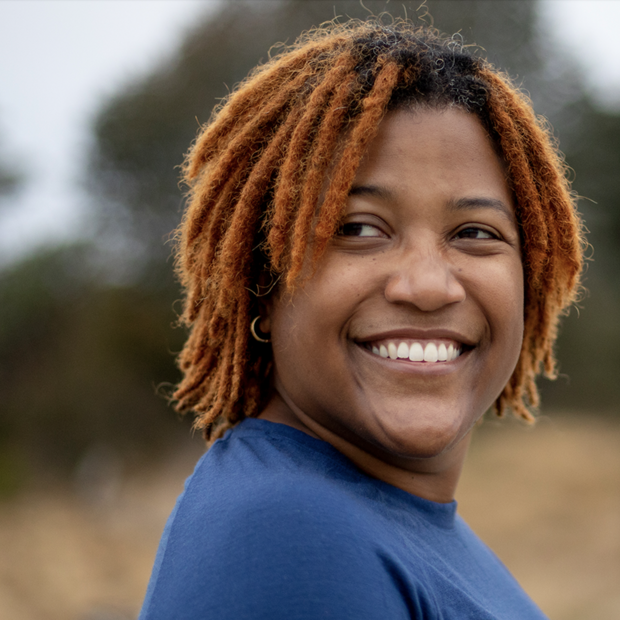The 1.5-acre farm is managed by the Black Farmers Collective (BFC), an organization started by Ray Williams in 2018 to reclaim what it means to be a farmer and empower a new generation of Black farmers. The collective is also developing a four-acre teaching farm in the Sammamish Valley called Small Axe Farm, which will provide BIPOC farmers with land, training and business development.
“Folks still have a vision of a farmer that does not look like a person of color,” Williams told me. “I’m trying to change that vision and some of the systems we have in the United States.” Born and raised in Seattle to a Black father and a white mother who moved west for a better life for their children, Williams spent much of his life as a science teacher, and he brings that expertise to his leadership.
One of the most lasting images many of us have of Black people farming is the traumatic experience of American slavery. Williams and his team acknowledge the pain of that experience, while also noting that farming has been a practice of Black people since time immemorial and that there is power in being in control of one’s food. His mission, and the mission of the Black Farmers Collective, is to build a Black-led food system by developing a cooperative network of food-system actors, acquiring and stewarding land, facilitating food-system education, and creating space for Black liberation in healing and joy.
The Black Farmers Collective officially comprises Yes Farm, a 1.5-acre space along I-5 for community building, educational programming and growing; and Small Axe Farm, an in-development 4-acre teaching farm which aims to support new BIPOC farmers through providing access to land, infrastructure, and business-development and farm-training resources.
For more from this episode, listen to the Out & Back podcast. You can find it on Spotify, Apple Podcasts, Amazon or wherever you get your podcasts.

